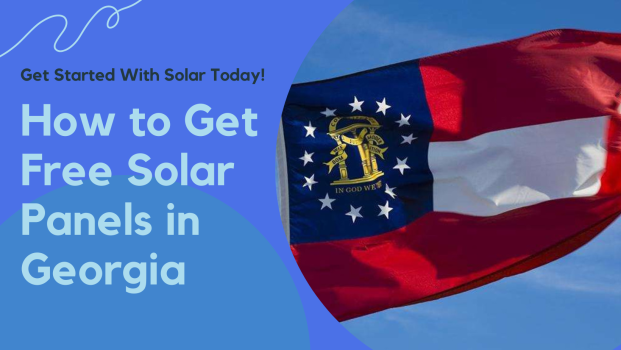The allure of ‘free’ solar panels often catches the eye like a ray of Georgia sunshine, but as the saying goes, the devil is in the details. In the Peach State, the promise of complimentary solar systems can be as warm and inviting as our southern hospitality, yet savvy homeowners know it pays to look beyond face value. The idea of harnessing solar energy without upfront cost is indeed compelling, but it’s essential to navigate the sunny fields of this proposition with a clear understanding of what ‘free’ really means in the context of solar power.
Let’s embark on a journey together to demystify the concept of ‘free’ solar panels in Georgia. As glorious as it sounds, the reality involves a variety of financial strategies and incentives designed to make solar installation more achievable for the average homeowner. This can range from leases to power purchase agreements, each with its own set of benefits and considerations.
I invite you to continue reading, not only to grasp the true nature of these solar initiatives but also to explore the many ways in which you can harness the power of the sun while keeping an eye on your wallet. Discover the path to genuine savings through the lens of solar installation in Georgia and become enlightened on how ‘free’ can still shine brightly on your energy bills and environmental impact.
Are “Free Solar Panels” Really Free?
In Georgia, the term “free solar panels” encompasses a variety of marketing approaches that aim to entice consumers to switch to solar energy with minimal upfront costs. However, it’s essential for you as a consumer to scrutinize these offers to understand exactly what you’re signing up for.
One such offer is the Solar Power Purchase Agreement (PPA). Under a PPA, a third-party company installs solar panels on your property at no initial cost. In return, you agree to purchase the electricity generated by these panels at a predetermined rate, which is often lower than the utility rate. Essentially, you benefit from solar energy savings without the hefty investment, while the solar company benefits from tax credits and any incentives.
Another offer is the solar lease, which has similarities to a PPA. You lease the solar panel system from a company for a set period, usually 20 to 25 years, and use the energy it generates. Leases often come with a fixed monthly payment and may include escalator clauses that gradually increase this payment over time.
Both PPAs and leases typically include maintenance and repair services, which can be a significant advantage. However, you won’t own the system and so won’t be able to claim any local or federal tax incentives that come with solar panel ownership.
Companies may also market the option of solar loans, which allow you to finance the full cost of the solar panel system. While not “free” upfront, these loans enable you to own your system outright and take advantage of tax credits and incentives.
Lastly, some promotions for ‘free solar panels’ might actually be for solar panel rebates or incentives offered by the state or specific utility companies. These rebates reduce the overall cost of the system, but you will still need to afford the initial outlay before the rebate applies.
It’s critical when considering these offers to factor in the long-term contract implications, ownership versus leasing benefits, the effect on your property value, and how changes in energy prices could impact your payments. Be sure to read the fine print and possibly consult with an energy advisor to ensure that the deal aligns with your financial goals and energy needs.
Solar Leases
Solar leases are a popular option for homeowners in Georgia who are interested in utilizing solar energy without purchasing the panels outright. Here’s how they typically work:
Agreement
You enter into a contract with a solar provider that grants you the use of solar panels for a set period, often 20-25 years.
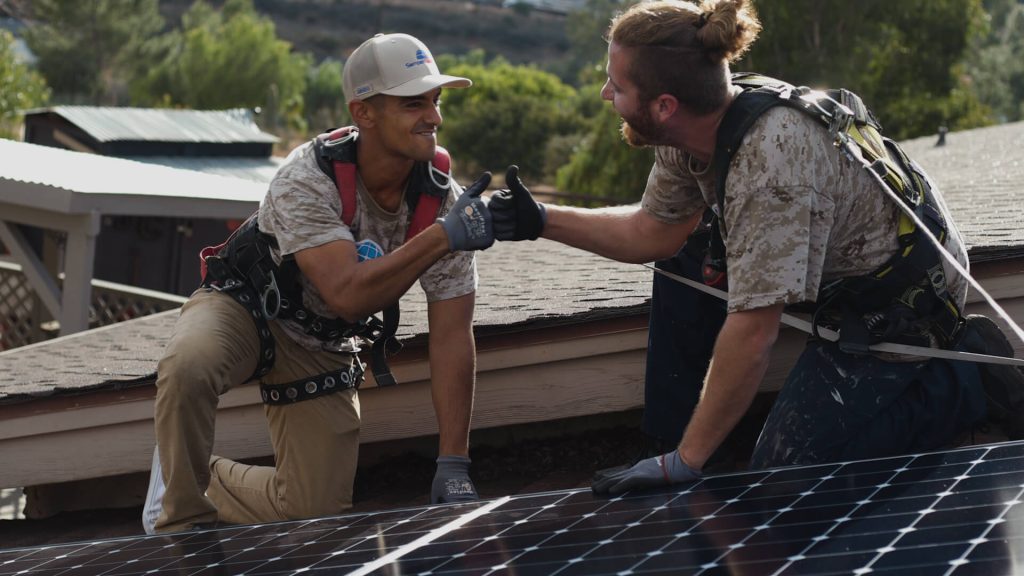
Installation
The solar company installs the panels on your home at no upfront cost to you.
Payments
You pay a fixed monthly lease fee to the solar company for the energy that the panels produce, which is typically lower than your usual electricity bill.
Maintenance
The solar company retains ownership of the panels and is responsible for maintenance and repairs.
The benefits of solar leases for homeowners include
- No Large Upfront Costs: You avoid the significant initial investment that purchasing solar panels would entail.
- Predictable Energy Costs: With a fixed monthly payment, you can avoid fluctuating electricity prices.
- Maintenance-Free: Any upkeep is handled by the provider, saving you time and hassle.
Conversely, here are some drawbacks
- No Tax Benefits: Since you don’t own the panels, you can’t capitalize on federal tax credits or state-specific incentives directly.
- Long-Term Commitment: The lease is a binding contract for a lengthy period, often with penalties for early termination.
- Property Sale Complications: Selling your home can be more complex, as you’ll need to either transfer the lease to the buyer or buy out the lease.
When considering the long-term cost implications and potential savings:
- Savings: While monthly lease payments are typically lower than traditional electricity bills, increases in lease payments over time should be considered.
- Cost Implications: Over the lease term, you may end up paying more than you would if you had bought the system, especially when taking potential increases in electricity prices into consideration.
As a homeowner in Georgia, it would be prudent to weigh these factors against your energy needs, financial situation, and long-term plans for your property. Comparing the terms of various leases and fully understanding the contract terms can help you make an informed decision. Consulting with a financial advisor or a solar energy expert might also provide clarity on the long-term value and impact of entering a solar lease in your specific circumstance.
PPA Agreements
Power Purchase Agreements (PPAs) in the context of solar energy in Georgia provide a financial arrangement where a third-party developer owns, operates, and maintains the photovoltaic (PV) system, and a homeowner agrees to site the system on their property and purchases the system’s electric output from the solar services provider for a predetermined period. This can be a convenient option for homeowners because it reduces the upfront costs of installing solar panels and shifts the responsibility for maintenance and performance to the provider.
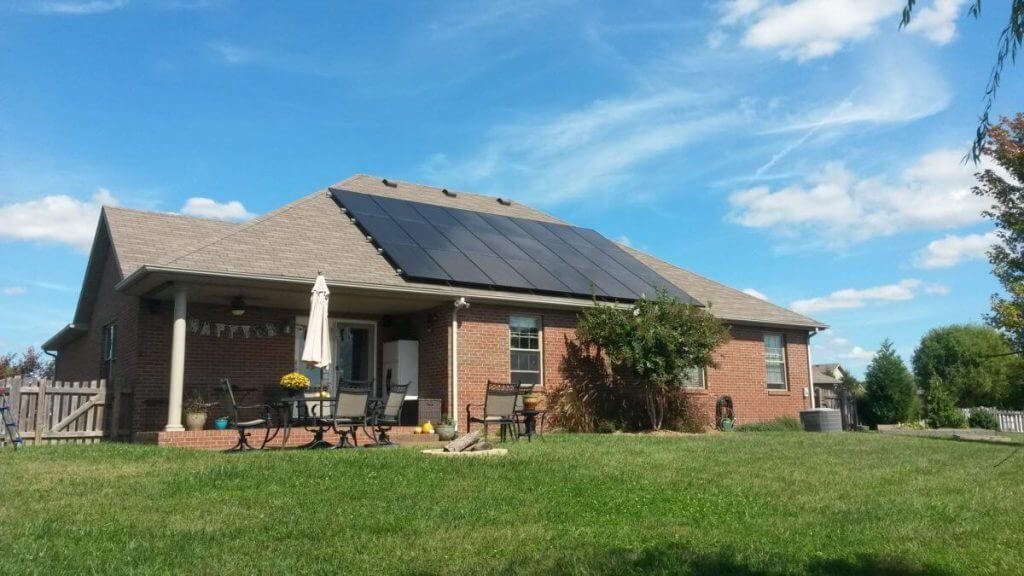
Pros of PPAs for Homeowners in Georgia
- No or low upfront installation costs: The financial burden of purchasing and installing solar panels is taken on by the provider.
- Potential savings: Homeowners might pay a lower rate for solar-generated electricity than the local utility rates, potentially saving money on their energy bills over time.
- Hassle-free maintenance: The PPA provider is responsible for the maintenance and repair of the solar system.
- Performance guarantee: If the system underperforms, the homeowner is not usually penalized and does not have to pay for energy not generated.
Cons of PPAs for Homeowners in Georgia
- Long-term commitment: PPAs typically require long-term contracts which can last for 20 to 25 years.
- Variable costs: The cost typically increases over the contract term at a predetermined rate, which could eventually be higher than utility rates.
- Complexity in selling home: The PPA is tied to the property, which can complicate the process of selling the house.
- Missed incentives: Homeowners do not own the system and therefore cannot take advantage of tax credits or other financial incentives for solar energy.
PPAs vs. Buying or Leasing Solar Panels
When considering solar energy options, homeowners weigh the decision between a PPA, buying, or leasing solar panels.
Buying
Pros: Owning the system allows the homeowner to claim tax credits and incentives, increase property value, and have no third-party involvement.
Cons: High initial cost and responsibility for maintenance and performance lie with the homeowner.
Leasing
Pros: Similar to PPAs, leasing involves little to no upfront costs and maintenance is generally covered by the lease provider.
Cons: Like PPAs, lessees cannot claim tax credits and leasing can complicate the selling of the property.
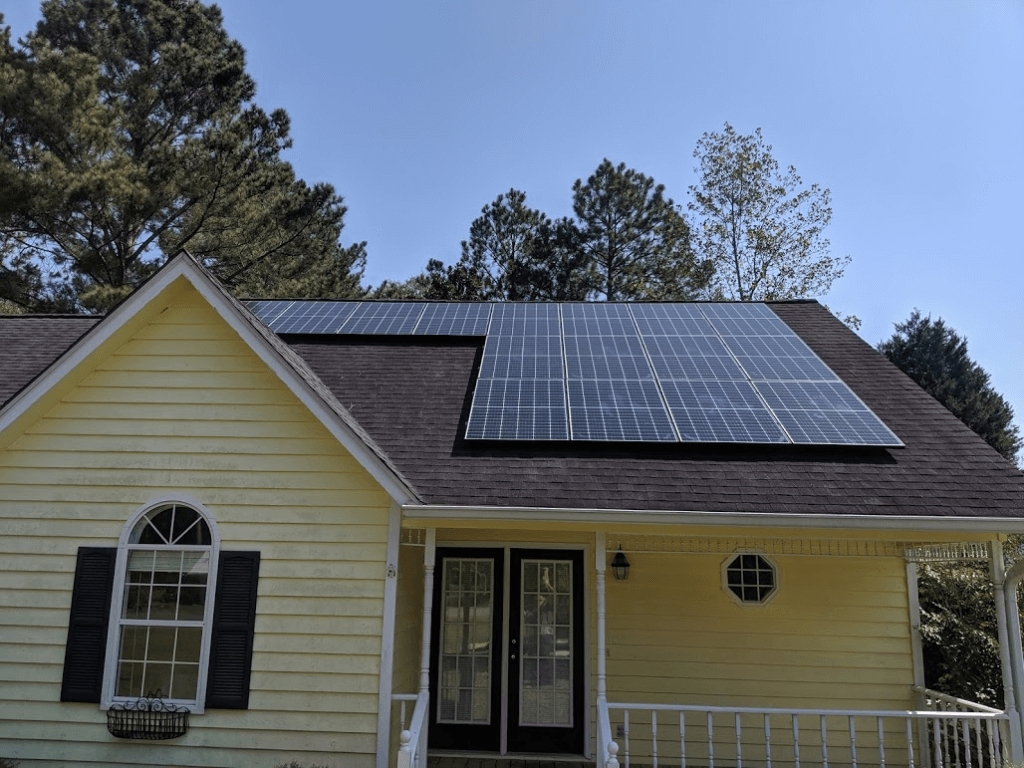
For Georgia homeowners interested in transitioning to solar energy without a large upfront investment, PPAs are a viable option, offering ongoing maintenance and no ownership complexities.
However, homeowners who prefer to maximize financial benefits and are willing to make a larger upfront investment might consider buying solar panels, despite the additional maintenance responsibilities.
Leasing can be a middle-ground, with some of the financial benefits of ownership but without the upfront costs. It’s essential to carefully weigh these options considering your financial situation, long-term property plans, and energy needs.
Zero-down Solar Loans
Zero-down solar loans are a financing option for homeowners in Georgia who are interested in installing solar panels without paying the full upfront cost. Unlike traditional solar panel purchases, which require a significant initial investment, zero-down solar loans allow you to borrow the money needed for the solar installation and then pay it back over time.
Here’s how they work: A zero-down solar loan covers the entire expense of the solar panel system. You then make monthly payments on the loan, similar to a mortgage or a car loan. The key distinction with a zero-down option is that you’re not required to provide any upfront payment to get started.
Let’s look at the benefits of choosing a zero-down solar loan:
- Immediate Savings: With no upfront costs, you can start saving on your electricity bills immediately after the installation is complete.
- Ownership: You own the system outright from day one, which can increase the value of your home and provide a sense of independence from utility companies.
- Fixed Payments: Solar loan payments are typically fixed, which helps you plan your finances without worrying about rising energy costs.
- Energy Independence: Producing your own electricity lessens your reliance on the grid and protects you from fluctuating energy prices.
- Tax Incentives: As the solar system owner, you may be eligible for federal, state, or local tax incentives that can significantly reduce the overall cost.
However, there are also potential risks to consider:
- Long-Term Commitment: Solar loans usually have terms of 10 to 20 years, so you need to be prepared for the long-term financial commitment.
- Interest: Like any loan, interest accrues over time, which means the total amount paid will exceed the cost of the system.
- Credit Impact: Your credit history will affect the interest rate you receive, and late payments can negatively impact your credit score.
- Maintenance Responsibility: As the owner of the system, you’re responsible for any maintenance or repairs, which could add additional costs.
For Georgia homeowners who are considering zero-down solar loans, it’s important to crunch the numbers and ensure that the monthly loan payments will be offset by the energy savings.
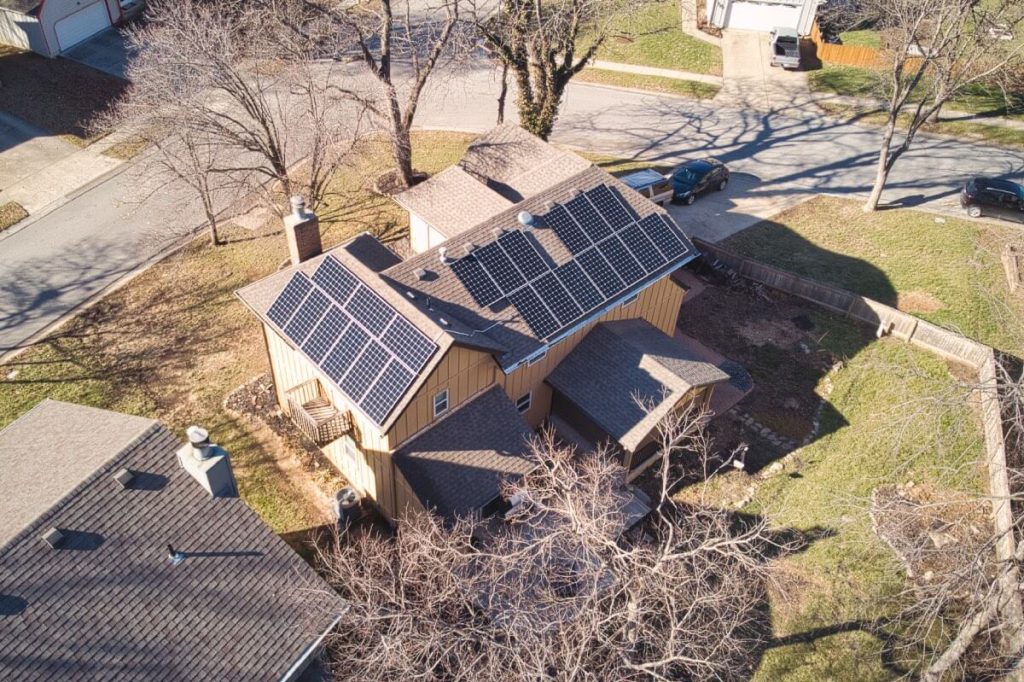
Consult with a solar finance expert to craft a plan that fits your financial situation and to make sure you understand all the terms and conditions of your solar loan. With careful planning and consideration, zero-down solar loans can offer a smart path to clean energy and financial savings.
Can You Get Free Solar Panels From the Government?
As it stands, the US government does not directly offer free solar panels to individuals, including residents of Georgia. However, there are various federal and state government initiatives and incentives that significantly reduce the cost of installing solar panels, making them more affordable and accessible.
One of the most significant federal incentives is the Solar Investment Tax Credit (ITC), which allows you to deduct a certain percentage of the cost of installing a solar energy system from your federal taxes. As of my last update, the ITC offers a 26% tax credit for systems installed by December 31, 2022, and the credit will decrease to 22% for systems installed in 2023 before stepping down to 10% for commercial projects and zero for residential projects by 2024 unless Congress renews the incentive.
In Georgia, you can take advantage of state-specific programs and financial incentives for solar panel installations:
- Net Metering: While not a direct subsidy, net metering policies in Georgia allow you to receive bill credits for excess energy that your solar panel system generates and sends back to the power grid.
- Solar Rebates and Incentives: Some local utilities in Georgia offer rebates for solar installations or performance-based incentives that pay you over time for the electricity your system produces.
Eligibility for these programs typically requires that you:
- Own your home.
- Have a suitable roof with adequate sun exposure.
- Install the solar panels through a licensed contractor.
For local or utility-specific programs, additional criteria may apply, so it’s essential to check with local providers or the Database of State Incentives for Renewables & Efficiency (DSIRE) for up-to-date information on available incentives.
The application process for the ITC involves:
- Installing a qualifying solar panel system.
- Collecting all receipts to prove the total cost of the installation.
- Filing the appropriate IRS Form 5695 with your tax return to claim the credit.
For state and local incentives, the application details can vary. It often involves providing proof of installation and may require some coordination with your local utility company. Always consult with a professional installer or a tax advisor to fully understand and comply with the qualification criteria and application processes.
Remember that while solar panels are not provided for free, these government initiatives can substantially lower the overall expense and enhance the return on investment for your solar energy system. Always stay informed about the latest programs and incentives to maximize your benefits.
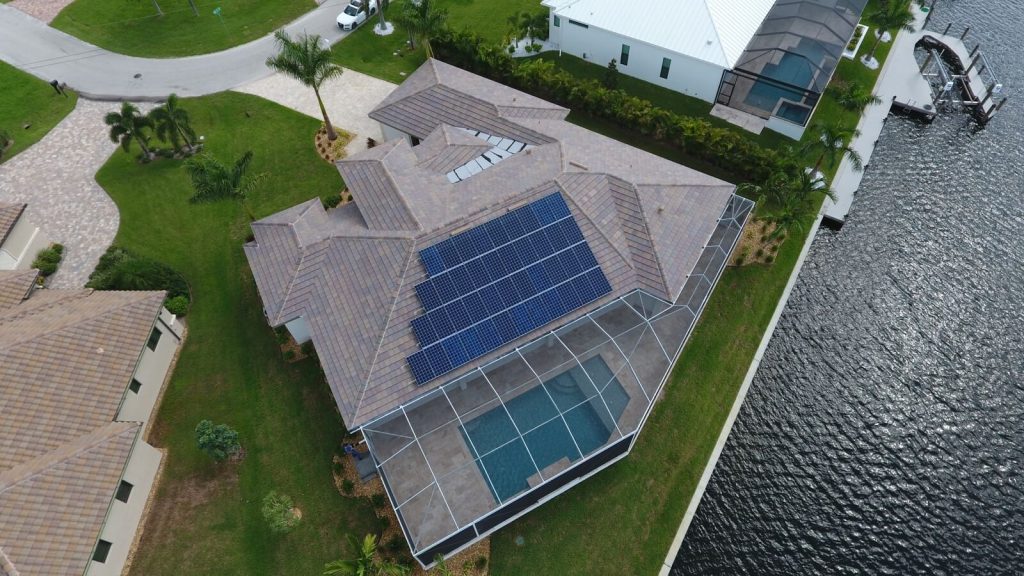
Will “Free” Solar Panels Save You Money?
When you hear the term ‘free’ solar panels, it’s understandable to approach the offer with a mix of optimism and skepticism. The state of Georgia, similar to many other regions, has seen a rising interest in solar energy solutions. So let’s break down what ‘free’ solar panels might mean and whether they truly translate to savings for you as a homeowner.
Free usually implies solar lease or power purchase agreements (PPAs), where a solar company installs panels on your home at no initial cost. Instead of buying the system, you pay a fixed monthly rate for the energy they produce or lease the equipment, which can be lower than your current electricity bill. It’s a way to benefit from solar power without the upfront investment.
Here are some critical considerations:
- Initial Costs: With free solar panels, there’s no large initial payment, which is a significant hurdle for many homeowners considering solar energy. However, make sure you understand the contract terms fully, as they can vary significantly.
- Long-term Savings: Even with the monthly fee for the panels, your overall electricity costs could be lower. This is because solar tends to be cheaper per kWh compared to traditional electricity sources, especially over time as utility prices can rise due to various economic factors.
- Electricity Rates: In Georgia, the average electricity rate is around 12 cents per kWh. If we assume an average monthly usage of 1,000 kWh, that’s about $120 monthly. Solar PPAs might offer rates slightly lower, but savings will depend on your usage, the rate offered, and sunlight exposure.
- Contract Obligations: Usually, these agreements last for 20-25 years. While they often include a buy-out option, you’re generally locked in for a long time, which could affect the home’s sellability.
- Incentives: Even though you don’t own the panels, solar incentives, such as the federal solar tax credit, typically go to the owner, in this case, the solar company. Some companies may pass on savings to you, but that’s case-specific.
Comparing to traditional electricity costs, if you’re currently paying $120 per month, in a 20-year period, you would spend $28,800 (not adjusting for possible utility rate increases). If a solar PPA charges you $80 per month for the same usage, this amounts to $19,200 over 20 years, potentially saving you $9,600.
When you’re in Georgia and considering the switch to solar energy for your home, choosing the right installer is a critical decision. The solar company you select will impact the effectiveness, cost, and durability of your solar power system. Not all solar installers are created equal, so here’s what you should consider to ensure you’re picking a top-notch provider in the Peach State:
- Installer Experience and Certifications: Look for a company with a solid track record and substantial experience in installing solar systems in Georgia. Certifications from industry organizations like the North American Board of Certified Energy Practitioners (NABCEP) signal that the company adheres to high standards.
- Customer Reviews and Reputation: Research what previous customers have to say. High ratings and positive reviews can provide peace of mind, while a pattern of complaints might be a red flag. Check platforms like the Better Business Bureau and Google Reviews for an unbiased look at the installer’s reputation.
- Warranty Offerings: A strong warranty indicates that the installer stands behind their work. Ensure their warranties cover not only the panels but also the inverter and workmanship for a substantial period.
- Post-Installation Support: Good solar installers should offer excellent customer service even after installation. Clarify their policy on handling repairs, maintenance, and post-installation inquiries.
- Local Knowledge: Georgia has specific solar incentives, electrical codes, and interconnection processes. A solar installer that is well-versed in local regulations can streamline the installation and ensure compliance.
- Equipment Quality: High-quality solar panels and inverters can determine system efficiency and lifespan. Ask potential solar companies about the brands they use and their equipment’s performance characteristics.
- Climatic Considerations: Georgia’s weather can be hot and humid, and occasional severe weather events like hurricanes can occur. Your solar system should be resilient enough to withstand local climatic conditions, and the installer should be able to advise on the best options for durability.
Taking these considerations into account will guide you towards a reliable and competent solar installer. Remember, the lowest price doesn’t always guarantee the best value, so focus on quality, reputation, and long-term service.
Important Solar Installation Factors to Consider in Georgia
When considering the installation of solar panels in Georgia, it’s crucial to take into account a variety of factors that will impact the efficiency, cost, and legality of your solar energy system. Here are some key points to keep in mind:
First, Georgia’s climate is generally conducive to solar energy production, with an average of 217 sunny days per year. The warm and sunny climate provides a great opportunity for harnessing solar power. However, during the planning phase, it’s essential to evaluate the specific local weather patterns, as well as the positioning and angle of the panels, to maximize sun exposure throughout the year.
Regarding state regulations, Georgia has specific policies that govern the installation and operation of solar panel systems. Be sure to research the current incentives and tax credits, such as the Federal Solar Tax Credit (Investment Tax Credit, or ITC), which allows you to deduct a portion of your solar costs from your taxes.
Also, familiarize yourself with Georgia’s net metering policy, which allows residential customers who generate their own electricity to feed excess energy back to the grid and receive credits on their utility bills.
Beyond climate and regulations, a thorough property assessment is necessary. This includes:
- Analyzing your property’s roofing structure to ensure it can support the weight of solar panels and whether any upgrades or reinforcements are needed.
- Identifying any potential obstructions, like trees or neighboring structures, that could cast shadows over your panels, reducing their effectiveness.
- Assessing the condition of your electrical system to verify that it is compatible with a solar installation and meets local electrical codes.
It’s also wise to consult with a local solar installation expert who understands Georgia’s unique landscape and regulations. They can provide you with a detailed assessment and help streamline the process. With careful consideration and the right professional guidance, solar panel installation in Georgia can be a highly beneficial and rewarding investment for your home or business.
Key Takeaways About Free Solar Panels in Georgia
In Georgia, the concept of ‘free’ solar panels is typically associated with solar lease or power purchase agreements (PPA), which allow homeowners to enjoy solar energy without paying the upfront cost of the solar panel system. However, it’s important to understand the nuances of these deals and the implications for homeowners.
When it comes to benefits:
- Homeowners can reduce their monthly electricity bills since the lease or PPA rates for solar energy are often lower than the local utility rates.
- There’s little to no upfront cost, making solar power more accessible.
- Lease agreements usually include maintenance and repairs, reducing the responsibility on the homeowner.
- The use of solar energy can lock in energy costs and protect against rising utility rates.
- Going solar has environmental benefits by reducing one’s carbon footprint.
However, there are significant considerations to keep in mind:
- The ‘free’ solar panels are not truly free; you’re essentially renting them or agreeing to purchase the power they produce.
- Lease and PPA agreements typically last 20-25 years and may include escalation clauses that increase payments over time.
- Exiting these agreements can be costly if you decide to sell your home or wish to purchase the system outright.
- Homeowners do not receive rebates, tax credits, or incentives available for solar investment; these benefits go to the system owner (the solar company).
- Installing third-party owned solar panels may not increase the property value as much as purchasing a system would.
It’s critical for Georgia homeowners to weigh these factors carefully. Before entering into any such agreement, be sure to conduct thorough research, read the contract details, and perhaps consult with a professional to ensure the decision aligns with your financial and energy goals.
Remember, while the immediate allure of ‘free’ solar panels is strong, the long-term implications and real costs need to be appreciated fully to make an informed decision.

